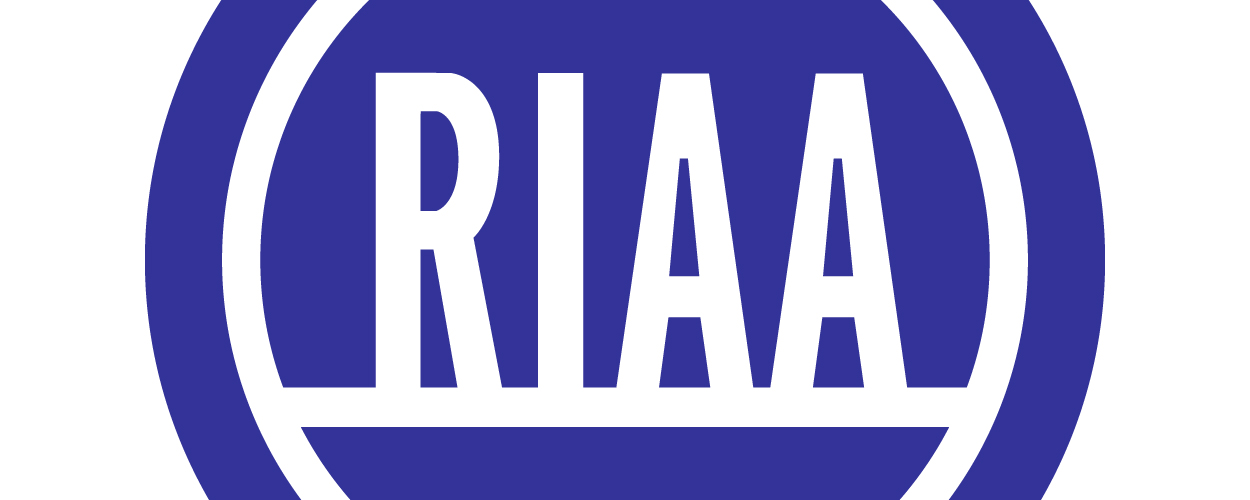This website uses cookies so that we can provide you with the best user experience possible. Cookie information is stored in your browser and performs functions such as recognising you when you return to our website and helping our team to understand which sections of the website you find most interesting and useful.
Business News Labels & Publishers Legal Top Stories
RIAA bigs up UK copyright law in post-Brexit trade talks submission
By Chris Cooke | Published on Wednesday 23 January 2019

The Recording Industry Association Of America has made a submission to the US Trade Representative outlining what its priorities would be in any post-Brexit US/UK trade talks. The nine page document can be pretty much summarised as follows: “UK copyright law is great, can we have some of that?”
Yeah, all you Remoaners in the British music community, imagine if the outcome of Brexit was stronger copyright protection for all your sound recordings Stateside. That’d put all your remoaning into perspective wouldn’t it? I mean, there’d be no food in the shops or electricity to cook it with, but you’d get US radio royalties and piracy sites would be web-blocked on both sides of the Atlantic. So, you know, swings and roundabouts.
The US Trade Representative put out a call last November for input on any future post-Brexit UK trade talks and the deadline for submissions was last week. In its submission – published by Torrentfreak – the RIAA summarises just how important the UK market is for the US record industry, and vice versa, before turning primarily to copyright matters.
It notes a number of features of UK copyright law that put the British record industry in a stronger position than its US counterpart, suggesting that America might want to consider adopting those features to strengthen any post-Brexit trading relationship.
This includes the controls that come with the sound recording copyright. UK law provides a formal making available control and a full-on communication control for sound recordings. The latter of which means, in more practical terms, radio stations pay royalties to record companies and recording artists in the UK, which they don’t in the US.
And then there’s web-blocking. Forcing internet service providers to block access to copyright infringing websites has become a preferred anti-piracy tactic for the music industry. But web-blocks are not currently available in the US and proposals that they should be all the way back in 2012 proved very controversial indeed.
“Website blocking has been successful in the United Kingdom”, the RIAA notes, “with 63 music sites being ordered to be blocked following music right holders’ initiatives. On average this produces a reduction in the use of those sites by UK users by approximately 75%”.
Elsewhere, the record industry trade group asks that America’s approach to copyright exceptions – specific scenarios where the copyright doesn’t apply – not be exported to the UK under any trade arrangement. The US has the ambiguous and wide-reaching exception of ‘fair use’, whereas in the UK, like the rest of Europe, exceptions tend to be narrower and more specific. As it should be, reckons the RIAA.
Of course, not everything is super peachy with UK copyright law, with safe harbours a problem in both North America and Europe as far as the music industry is concerned.
Except if the still-in-the-works European Copyright Directive was to get through, and if it contained the safe harbour reform lobbied for by the music industry, and if a post-Brexit UK government still implemented the directive here, then – in the RIAA’s eyes – the British copyright system would be better on safe harbours too. And would then presumably promote the idea of that element of UK copyright being adopted under any trade alliance as well.
That would mean that the music industry would be pushing for the last bit of European Union law to impact on UK law to impact on one of Britain’s first big post-EU trade deals so to impact on US law. Not that American negotiators and law-makers are likely to take on the tech lobby back home just to placate the pesky tedious Brexiting Brits.
And, needless to say, all of this is based on a mountain of IFs.
Like IF we actually Brexit. And IF music industry concerns would really register with any trade deal negotiators on either side of the Atlantic. And IF the UK has a functioning government post-March to even negotiate a deal. And IF Donald Trump hasn’t, by then, fired every official who might negotiate on the American side. And IF there even is a United Kingdom Of Great Britain and Northern Ireland to ask for a deal come spring.
Still, in a month where everyone around the world is utterly bemused at how the British powers-that-be managed to fuck everything up quite so spectacularly, it’s nice of the US record industry to remind us that at least our copyright laws are better. Thanks guys!





